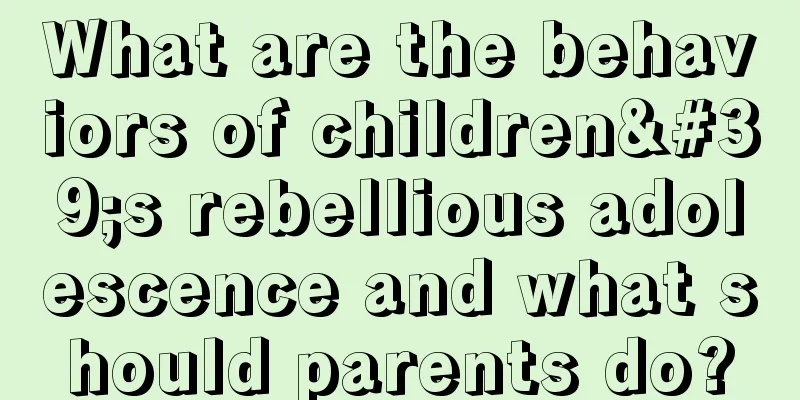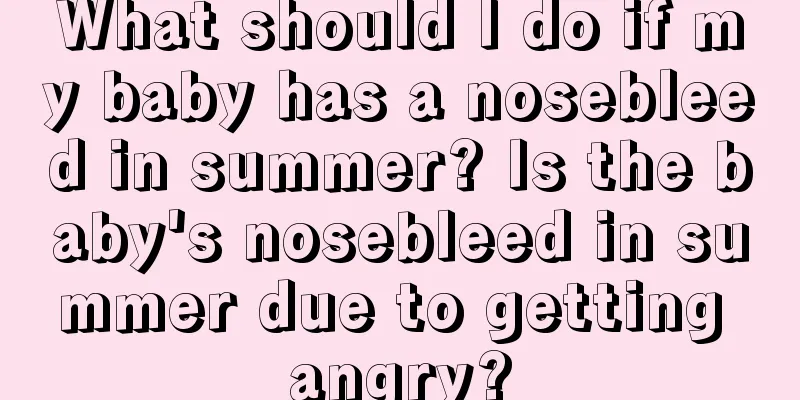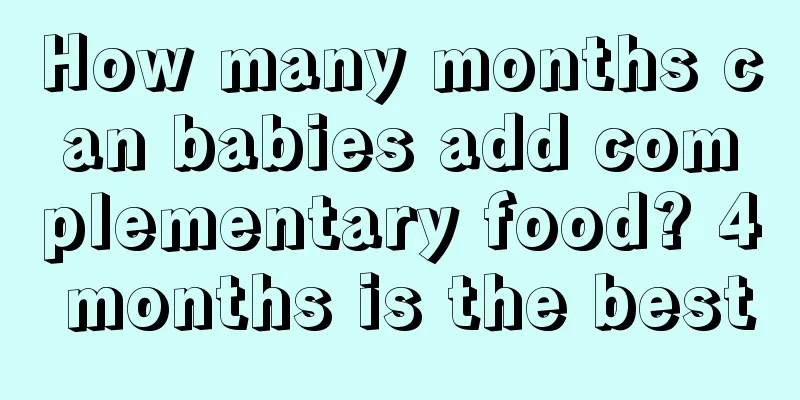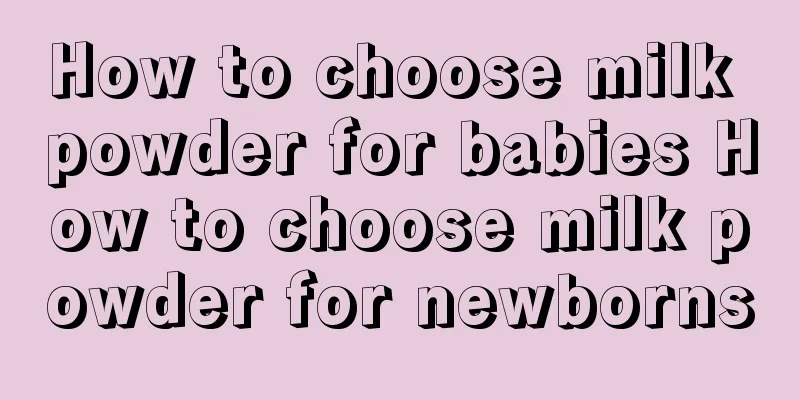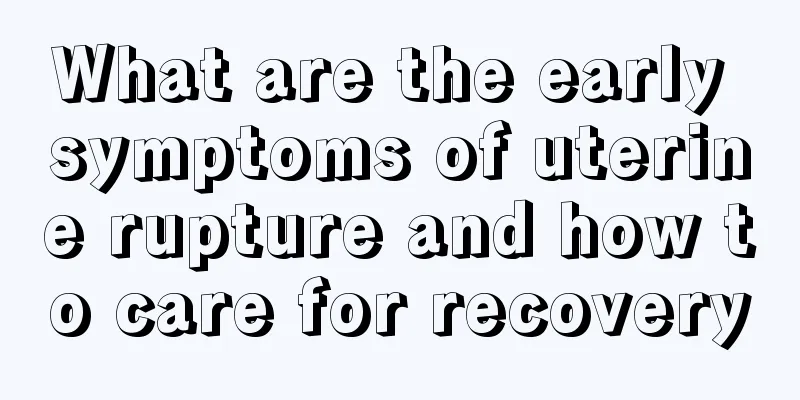My baby is drooling a lot. What should I do?

|
Infants and young children usually start drooling around 3 or 4 months old, usually because their teeth begin to grow. But in addition to teething, infants may also drool because of illness. So what is going on if your baby drools so much, and what should you do? Common factors of baby droolingBecause of teething: Teething is one of the most common reasons for babies to drool. If your child starts teething later than other babies, he or she may be more likely to drool excessively. Colds and allergies: Sometimes, if a baby has a cold or various related allergies, it may aggravate his existing drooling problem. Because of a viral infection: Mononucleosis can also cause excessive salivation in babies. This is a viral infection that can cause a sore throat or fever in your child and may also cause swollen lymph nodes. Because of sinus infection: Sometimes, if a baby has a sinus infection, it may also cause excessive drooling. This is because the baby may have a blocked nose and cannot breathe, causing him to drool frequently with his mouth open. Reasons why babies droolTonsillar abscesses: Peritonsillar abscesses are a symptom of infection that accumulates near your baby's tonsils. Since it affects swallowing, it can also cause your baby to drool excessively. Strep throat: If your baby has strep throat, it can also cause increased drooling due to a sore throat. Your child may also have a fever or chills and a sore throat when swallowing. Tonsillitis: Sometimes your baby's drooling may be due to inflammation of the tonsils. Inflammation of the tonsils is a symptom that can sometimes be caused by strep throat. Caused by medication: Sometimes babies may drool due to taking certain medications. It is best to inform the doctor of this and bring the medications your baby is taking to the doctor for confirmation. What to do if your baby drools a lotOffer cold food: If your baby has excessive drooling due to teething, give him some cold food to soothe his gums. Always supervise your baby while he is eating to avoid choking. Keep your baby's lips closed: Keep your baby's lips closed and chin up, especially when eating. This will help your child swallow better and avoid drooling. Limit sweets: Limit the amount of sugary or overly sweet foods your baby eats. Eating foods that are too sweet may cause excessive saliva secretion, which can make your baby unable to swallow and cause drooling. Keep it clean and dry: Excessive drooling may cause acne around your baby's lips and chin, so make sure your child's mouth is always clean and dry, and wipe it clean regularly with a handkerchief. |
<<: Can I still get pregnant with endometriosis?
>>: Why does a newborn baby always choke when feeding? What should I do if I choke when feeding?
Recommend
How should I take care of myself when the due date is approaching? What are the key points of diet during the confinement period?
When the due date is getting closer, pregnant wom...
How to calculate the due date of IVF? The harm of IVF to women
For couples who have difficulty conceiving, IVF i...
How many colors are available for Comotomo silicone baby bottles? How many colors are available for Comotomo silicone baby bottles?
Comotomo baby bottles have a high sales volume in...
Why do babies get enteritis? What are the causes of enteritis in babies?
Everyone must have heard of many diseases in life...
How to eat eggs during pregnancy? Is it better to eat eggs or duck eggs during pregnancy?
Eggs are a food we eat frequently. They have high...
Can pregnant women use a warm pack? Will it affect the baby's health?
Pregnant women have many taboos in life, so, can ...
How can parents regulate their children's Internet access and monitor their safety?
We now live in a world with a well-developed Inte...
How to take care of your baby's drooling? Dietary treatment for your baby's drooling
Babies usually drool during infancy because their...
How to prepare Gerber Rice Cereal? How to prepare Gerber Rice Cereal in proportions
Many mothers are worried about domestic rice nood...
How to treat cold hands and feet after childbirth How to treat cold hands and feet after childbirth
Many mothers tend to feel cold hands and feet aft...
Do pacifiers need to be replaced regularly? Do pacifiers need to be sterilized every day?
It is recommended not to use pacifiers when the b...
What to do and how to treat neonatal adrenal hemorrhage
The incidence of neonatal adrenal hemorrhage is a...
How to massage edema during pregnancy and pay attention to diet and rest
Edema during pregnancy is a problem that more tha...
What to do if a newborn baby doesn't sleep well? Reasons why a newborn baby doesn't sleep
It is a headache to coax a baby to sleep after gi...
Can babies wear thermal underwear? Is it okay for babies to wear thermal underwear?
Thermal underwear is a kind of clothing that ever...
